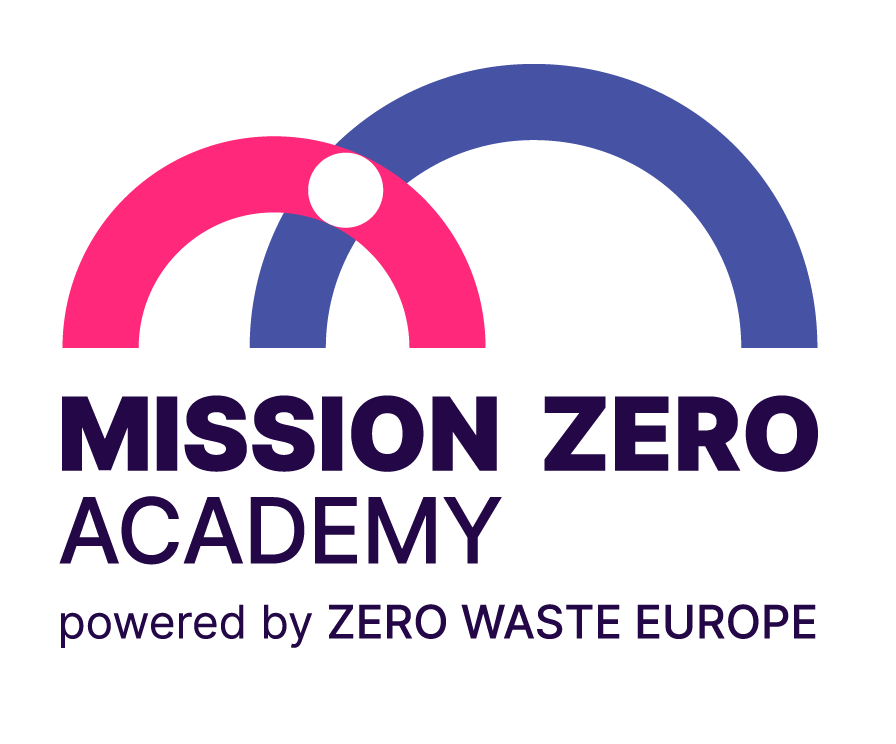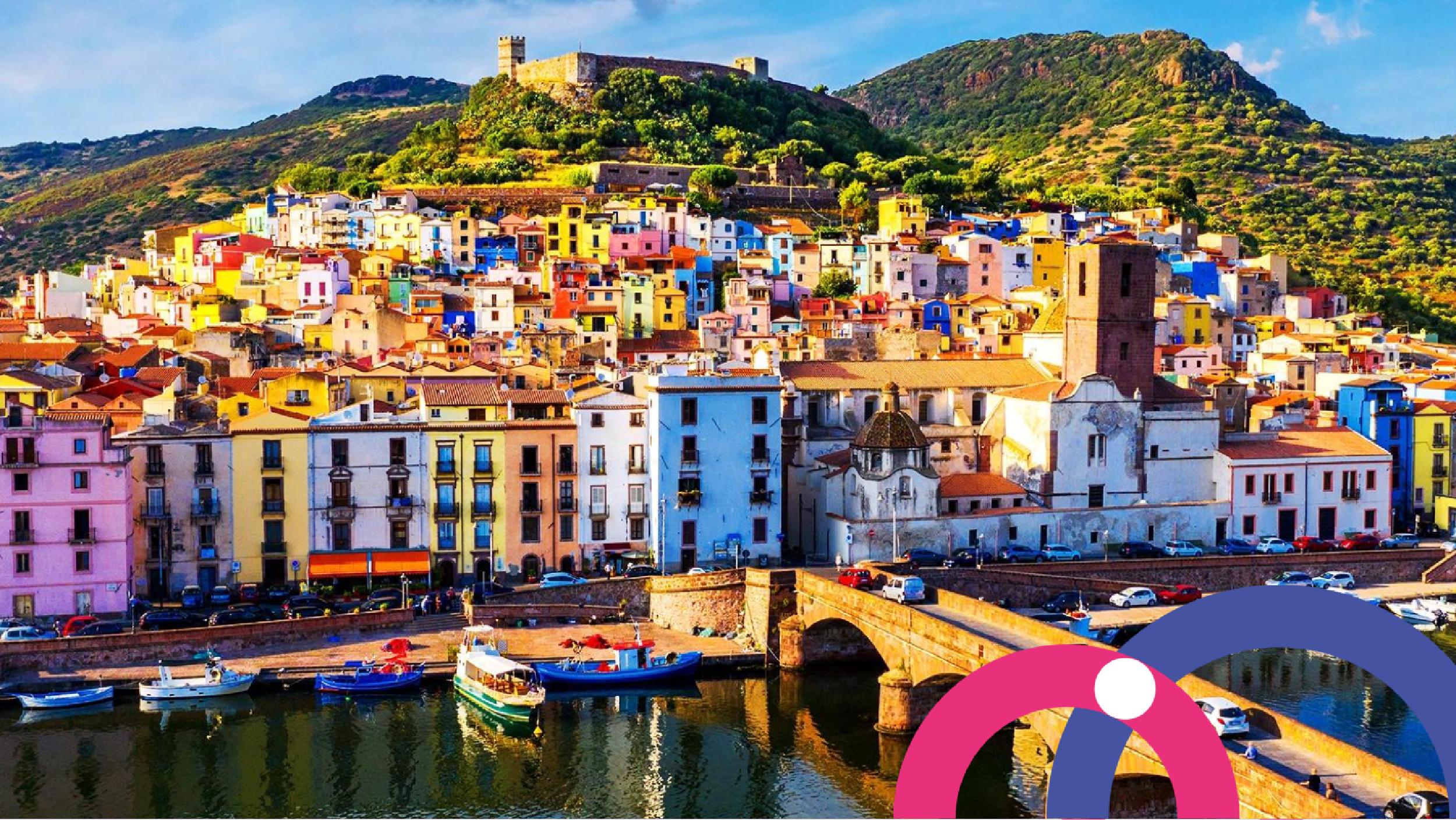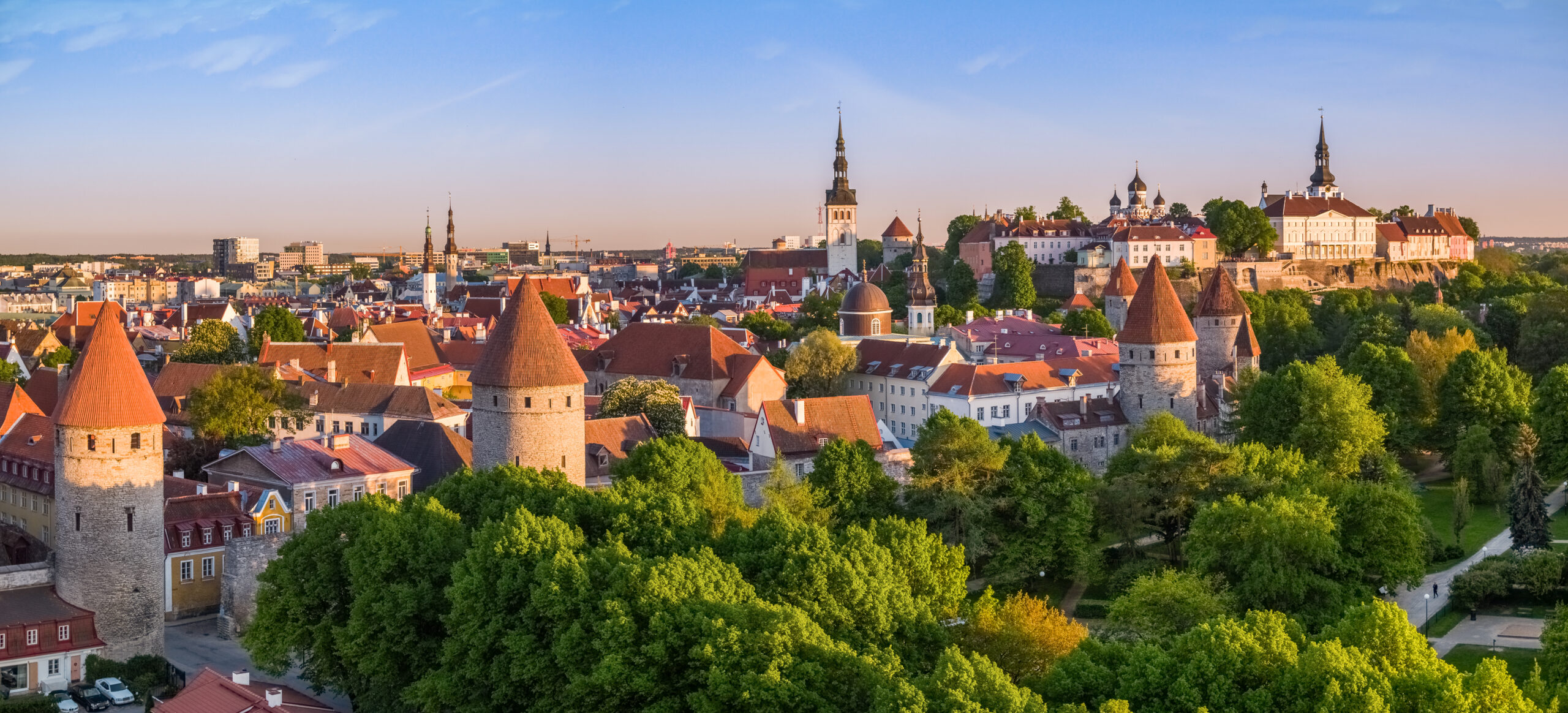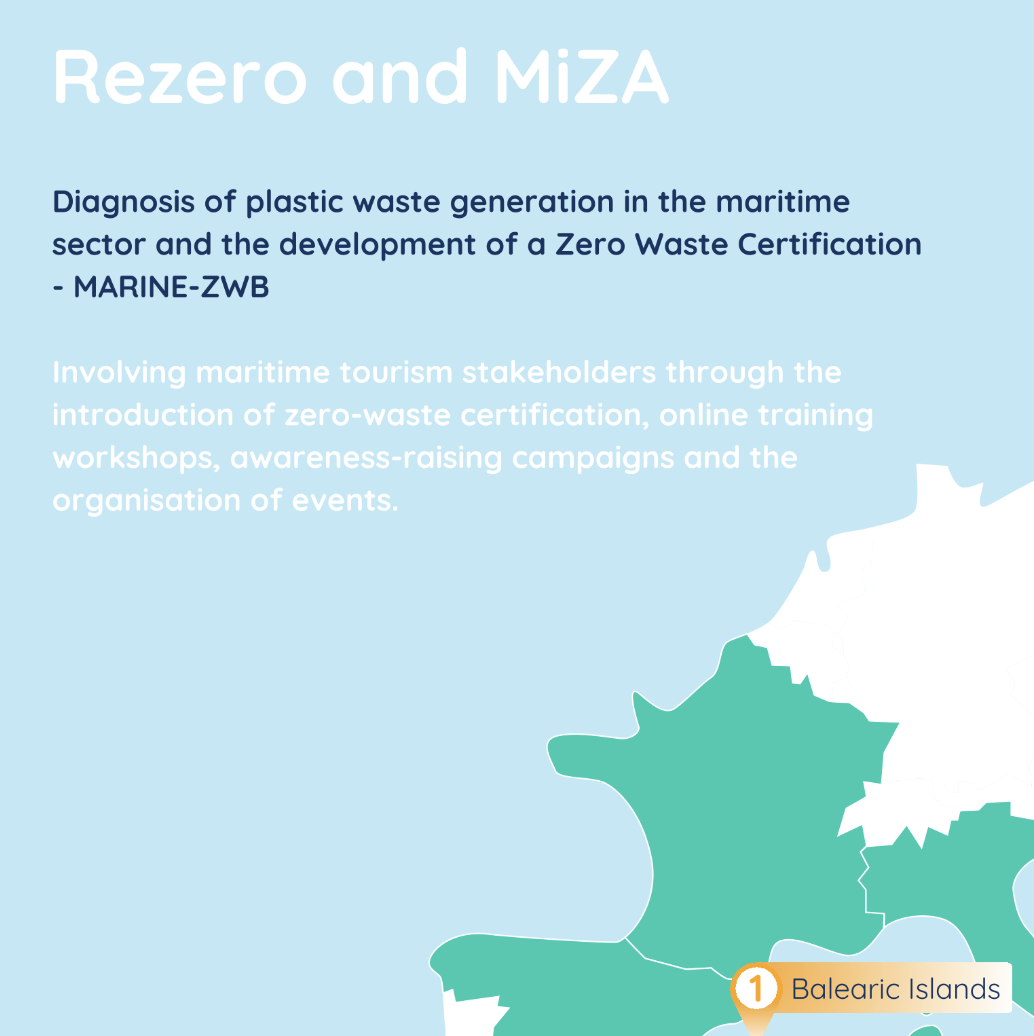The beautiful island of Sardinia, in the Mediterranean region, has been a leading example of a zero waste model for years. However, just fifteen years ago, Sardinia was one of Italy’s worst performing regions in waste management.
An incredible effort by the local government, people, and zero waste initiatives, led to decreasing waste disposal rates and higher regional recycling rates on the island. Over the years, Sardinia has shown us that it is possible to achieve zero waste on islands by challenging our perceptions and working together.
A quick look at Sardinia’s challenges in waste management
Sardinia appears to be a paradise of white sandy beaches, turquoise water, and towering mountains. That’s something the local government and people felt was worth protecting. Their commitment to tackling their waste challenges is just as extraordinary as the scenery.
Sardinia, like many destinations surrounding the Mediterranean Sea, faces two major challenges: being a remote location away from the mainland and accommodating large volumes of tourists visiting each year.
In addition, waste management powers in Italy are distributed between different authorities. This makes it more challenging to realize a smooth coordination between all three levels and drive policies effectively.
Strategies and results of Sardinia’s zero waste program
Initially, national and European targets, such as the Landfill Directive, were the main drivers for Sardinia to rethink their waste management efforts. In 2003, only two municipalities on the island were collecting biowaste in Sardinia. The average separate collection was 3.8%, so the island still had a long way to go.
To overcome the main nuisances, such as biowaste ending up in landfill, the region set up a program for biowaste. It consisted of the following:
- Compulsory separate collection of biowaste, with targets on the amount per inhabitant.
- An increase of the landfill tax.
- The promotion of door-to-door as the preferred model for separate collection of waste, along with pay-as-you-throw schemes and home composting.
- The introduction of a reward/penalty system on the cost of residual waste management, on the basis of the municipality’s performance.
To motivate improvement, the separate collection target is slightly above the average. Municipalities below the target rate pay a surcharge on residual waste disposal costs. Those above the target rate receive a bonus.
The results
This strategy is delivering results. With a carefully designed incentive system, it promotes separate collection, paying particular attention to biowaste. Additionally, several municipalities are championing the zero waste transition.
Out of 377 municipalities, an impressive 206 have achieved a recycling rate above 65%, while 47 hold a rate above 75%. The European recycling target for 2035 is 65%, so over half of Sardinia’s municipalities have already reached it!
At the same time, waste generation per capita has decreased consistently, from 520 kg per inhabitant in 2003 to 443 kg per inhabitant in 2016. This amazing effort by Sardinia has reduced waste generation by 16%. In light of the significant reduction of residual waste on the island, it raises questions about the need for the two incinerators currently in operation.
Even though it’s still far from perfect, Sardinia is one of the top-performing regions in the Mediterranean and Europe when it comes to waste management. And there is still work to be done. Future plans include:
- extending the door-to-door separate collection
- pay-as-you-throw schemes across the whole island
- significantly raising the target of separate collections

A wakeup call for European countries
Sardinia has proven that zero waste begins at the local level, regardless of the island’s isolation or the pressure of tourists. By involving local governments to eliminate waste, citizens feel a direct connection to what’s happening in their community. As a result, they are more motivated to take action.
This is a wakeup call for many countries in Europe that are still underachieving when it comes to recycling, despite how much they spend.
The MiZA Zero Waste Certification
The Zero Waste Cities (ZWC) Certification can be used as a practical tool to help implementation on the ground in destinations across the Mediterranean.
It is the perfect way for European municipalities to:
- Comply (and go beyond) with EU and national regulations.
- Promote the implementation of efficient systems which save natural and economic resources.
- Reinforce the positive image of their municipality. This will gain worldwide recognition and credibility, creating new jobs and attracting economic incentives, funding and prestigious event hosting opportunities.
In addition, the Zero Waste Business (ZWB) Certification for hotels and restaurants can support cities by incentivizing better waste practices in touristic destinations.
Many municipalities in Europe are already joining the Certification. Interested? Become a Zero Waste Certified City.




